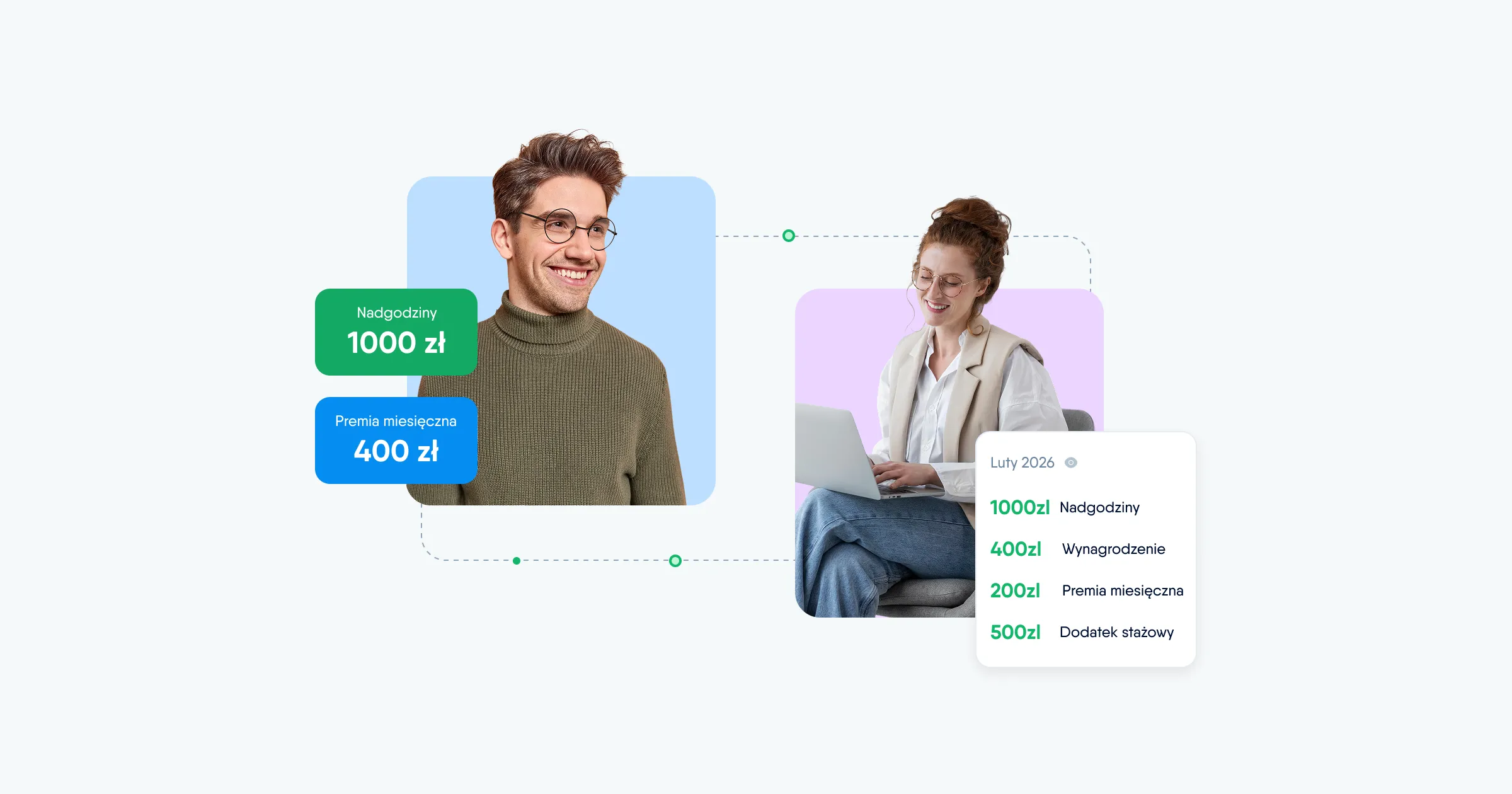HRM software
What is HR software?
What is HRM software?
HR, which stands for human resources management, refers to one or more applications used to manage and automate the process of human resources (HR) management. Most frequently controlled by those responsible for overseeing the activities of HR departments, HRM software is used to automate daily processes that would otherwise be time-consuming and inefficient.
These activities can range from keeping track of time off and sick leaves, to scheduling interviews and meetings, screening potential candidates, managing employee targets, etc. They help HR departments operate more efficiently, allowing them to focus on longer-term and strategic goals, rather than getting buried in paperwork and other small matters.
Why is HR important?
Beyond the obvious benefits of improved efficiency and increased time for strategic goals, HRM software offers a number of key advantages including:
Quicker decision-making processes thanks to improved data processing
Improved candidate screening and decreased hiring timelines
Saved costs by reducing employee payroll costs
Greater company engagement via goal tracking
Centralized data retention and analysis via cloud software
What kinds of companies use HR?
Every company that has employees benefits from using HRMS software. There are no negatives or drawbacks to using HRMS software, regardless of your industry or company type.
Small companies and startups with fewer employees will find that by using an HRM system, their staff members won’t have to multitask as much. Larger scale companies, working with considerable amounts of data and employee numbers, will find HRM tools will streamline their operations considerably.
How do you choose the right HRM software?
Every company will have its own specific needs and requirements however there are a number of key factors that any HRM software you choose must have. These are:
Customization: A good HRM system needs to be able to be customized for the specific requirements of your HR department.
Ease-of-use : The system you select needs to be easy to use, especially the digital forms generated for hours tracking, time off, etc.
Security: HRM software can collate a large amount of personal data and company information. The tool you select needs to offer a high level of security.
Cloud capability: This point ties in with security as the data the HRM tool collects should be placed on a separate cloud system to store for safety and further use.
What are the advantages of cloud-based HRM software?
Using HRM software for your HR department provides considerable benefits, using a tool that combines this with cloud-based technology improves said benefits exponentially. Information becomes simple to share and protect, your company becomes more agile and is able to make decisions on hiring, employee management, etc, based on data, and employee engagement improves across the board rapidly.
Other departments will be able to benefit from the information HR accrues as well. Growth is made scalable, savings are created, and your department becomes more functional.
PeopleForce includes HRM software as part of its product portfolio and it comes with cloud-enabled capability as standard. If you’re looking to improve your HR department’s operation via next-generation technology then get in touch with us today via our contact form and one of our team members will contact you.

